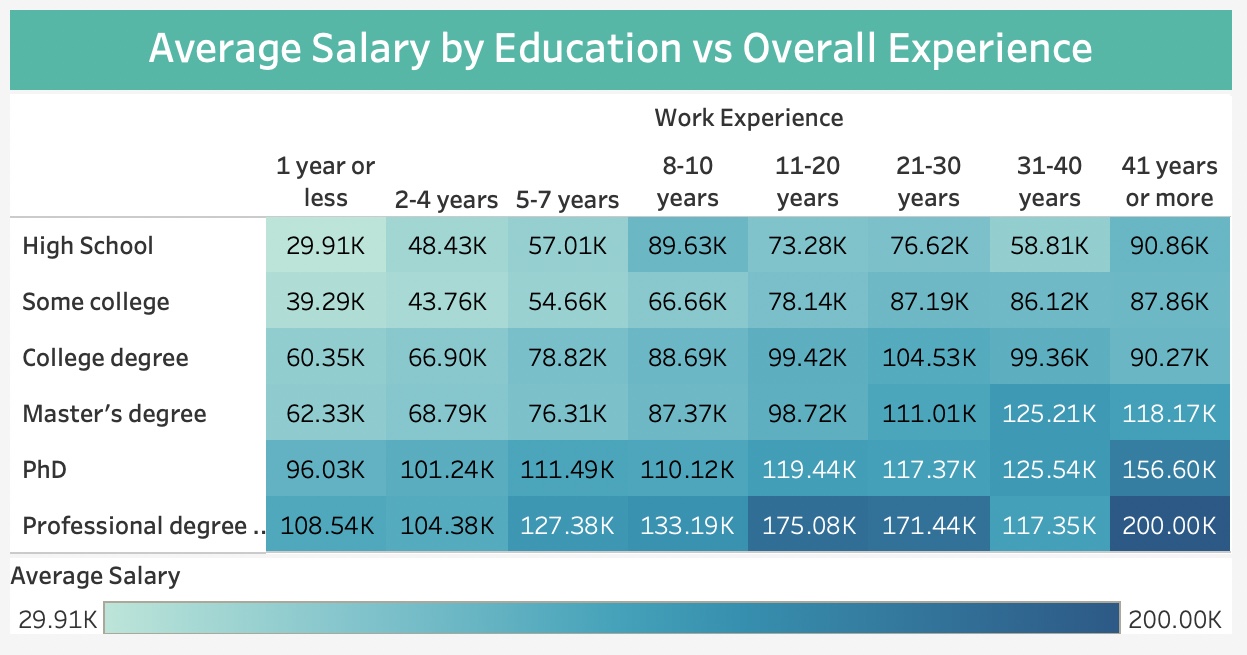Salary data has become an invaluable tool for both employers and employees in today’s competitive job market.1 It provides insights into compensation trends, helps individuals negotiate fair salaries, and enables organizations to make informed decisions about their workforce.2
Why Salary Data Matters
For Employees:
- Fair Compensation: Salary data empowers employees to advocate for fair compensation by understanding the market value of their skills and experience.3
- Negotiation Leverage: Armed with accurate salary information, individuals can negotiate more effectively for higher salaries and better benefits.4
- Career Planning: Analyzing salary trends can help individuals identify high-growth industries and roles to make strategic career choices.
For Employers:
- Attracting Top Talent: By offering competitive salaries, companies can attract and retain top talent in a tight labor market.5
- Budgeting and Planning: Salary data helps organizations allocate resources effectively and plan for future workforce needs.6
- Equity and Fairness: Analyzing salary data can identify potential pay disparities and ensure fair compensation practices.7
Sources of Salary Data
Several reliable sources provide salary data:
- Salary Survey Companies: Companies like Payscale, Glassdoor, and Salary.com conduct annual surveys to collect and analyze salary data.8
- Government Agencies: Government agencies often publish salary reports and data for various industries and occupations.9
- Professional Organizations: Industry associations and professional societies may offer salary surveys for their members.10
How to Use Salary Data Effectively
- Identify Relevant Data: Look for data that aligns with your specific job role, industry, location, and experience level.
- Consider Factors Beyond Base Salary: Factor in additional compensation such as bonuses, stock options, and benefits when evaluating offers.11
- Account for Inflation and Cost of Living: Adjust salary data to account for changes in the cost of living and inflation.12
- Network and Seek Advice: Connect with colleagues, mentors, and industry professionals to gather insights and validate salary information.
- Negotiate Confidently: Use salary data to support your negotiation strategy, but be prepared to discuss your unique skills and contributions.13
Ethical Considerations in Using Salary Data
While salary data is a powerful tool, it’s essential to use it ethically and responsibly. Avoid sharing personal salary information without consent and be mindful of potential biases in data collection and analysis.
By leveraging salary data wisely, individuals and organizations can make informed decisions, promote fairness, and foster a more equitable workplace.14
Would you like to delve deeper into a specific aspect of salary data, such as salary negotiation strategies or the impact of AI on compensation?




